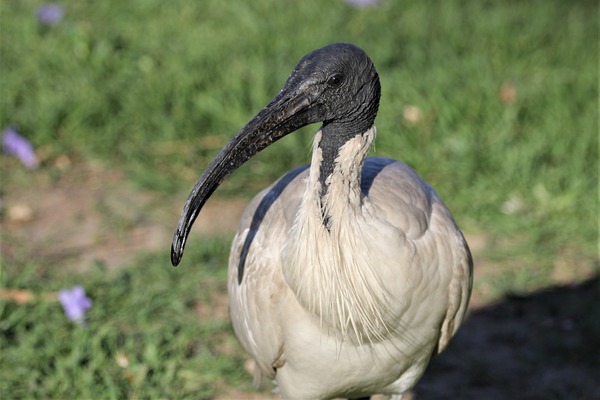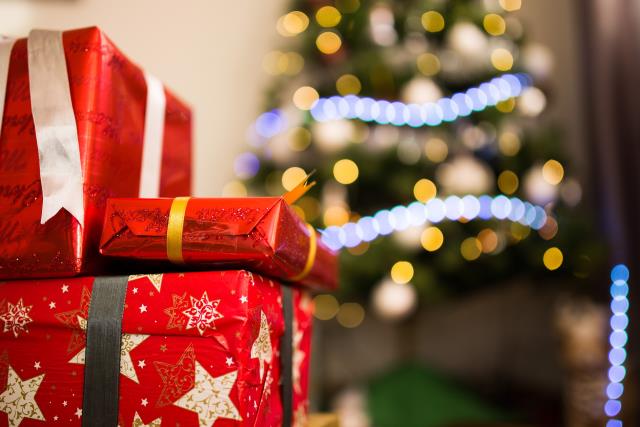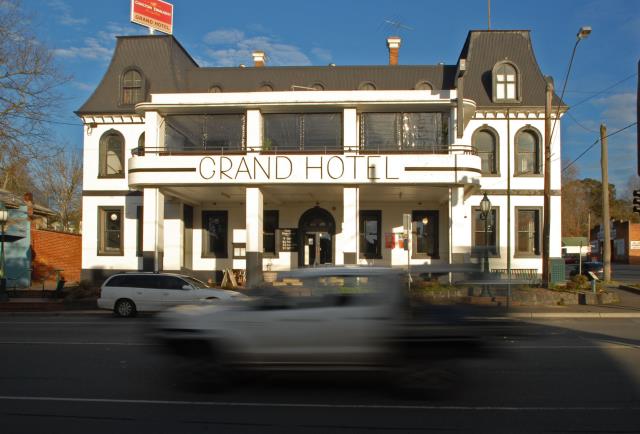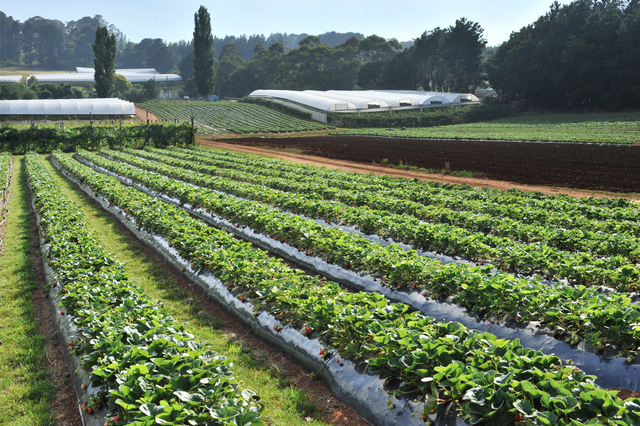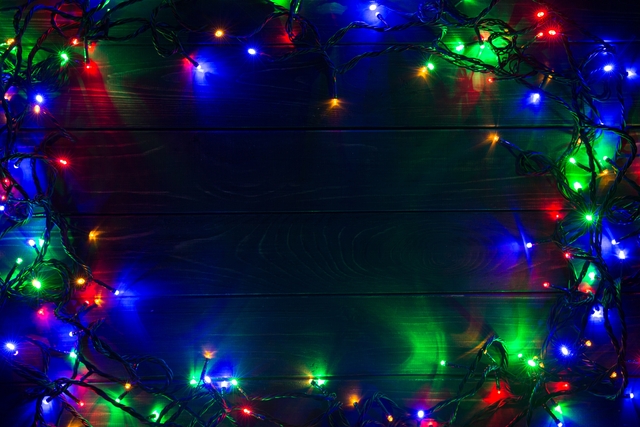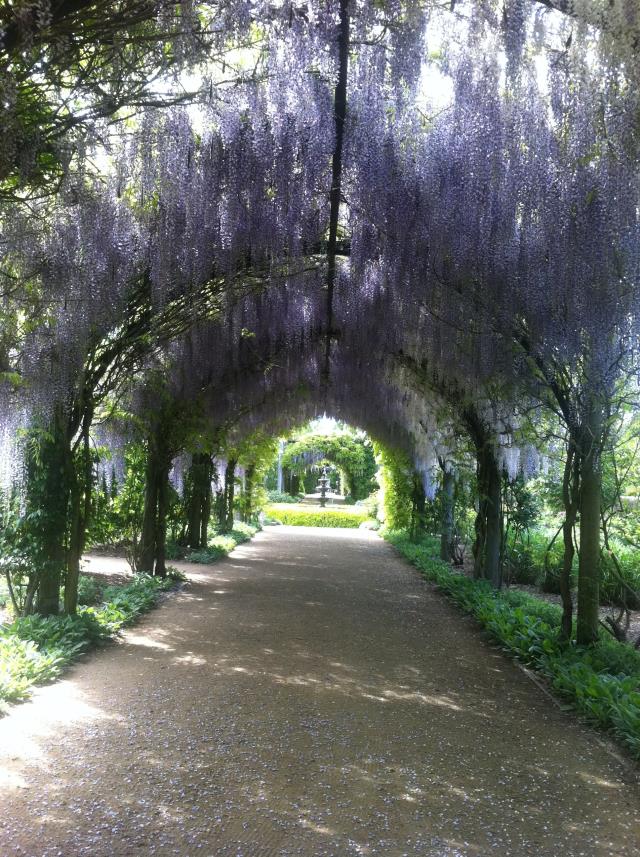At Queen’s Park there stands a mystical tree which draws to it all manner of Ibis.
The tree has a strange power over these birds and it’s widely regarded as a spawn point for the shunned yet beautiful tip turkey.
Now, I have nothing against the noble but ignominious bin chicken, but it is public knowledge that the three worst things on this planet are, in descending order: world famine, dropping a six-pack of VB, and bin juice-drinking gronks – otherwise known as ibises.
But why the hate? Well there are a few simple reasons for that. For starters, they have a head like a water-logged walnut, and they’re picnic wrecking scab lords who are always poised and ready to stick their bizarre curved beak into the arse end of your kebab.
If you couple this with the fact that they have now set up a well-oiled spawn point right next to a kids park in Healesville you start to see why they are not a beloved bird.
The tree, which is situated next to the Queens Park Playground and has a white faecal-stained walkway running beneath it has caught the attention of John Henley, who at the Yarra Ranges Council meeting on 26 November, put forward a very valid question. “Will council take the necessary steps to remove the nest, which will move the flock away from the playground?”
“At the north east corner of the new children’s playground in Queens Park, Healesville there is a nest of about 30 Ibis,” Mr Henley stated in his submission.
“These birds nest in a single group and are scavengers by nature, the area underneath the nest area is full of their excrement, the smell is appalling and an obvious health hazard, especially where children are playing.”
“Will council take the necessary steps to remove the nest, which will move the flock away from the playground?”
The ibis is somehow worse than the pigeon, worse than the seagull, worse even than the hideous bush turkey, and when they threaten to defecate on an innocent child, it’s an attack on us all.
But, according to Council their hands are tied.
“The Australian White Ibis is one of three native Australian species,” Director of Environment and Engineering Mark Varmalis said.
“All Victorian native wildlife is protected by law, and it is illegal to harass or harm native birds and other wildlife without authorisation from the Department of Environment, Land, Water and Planning.”
“Council staff will investigate the request to remove the nest and discuss this further with staff from the Department on steps that can be taken.”
So there you have it, these nasty, crescent-nosed beasties may be around to stay. My advice. Invest in a wide-brimmed hat.

